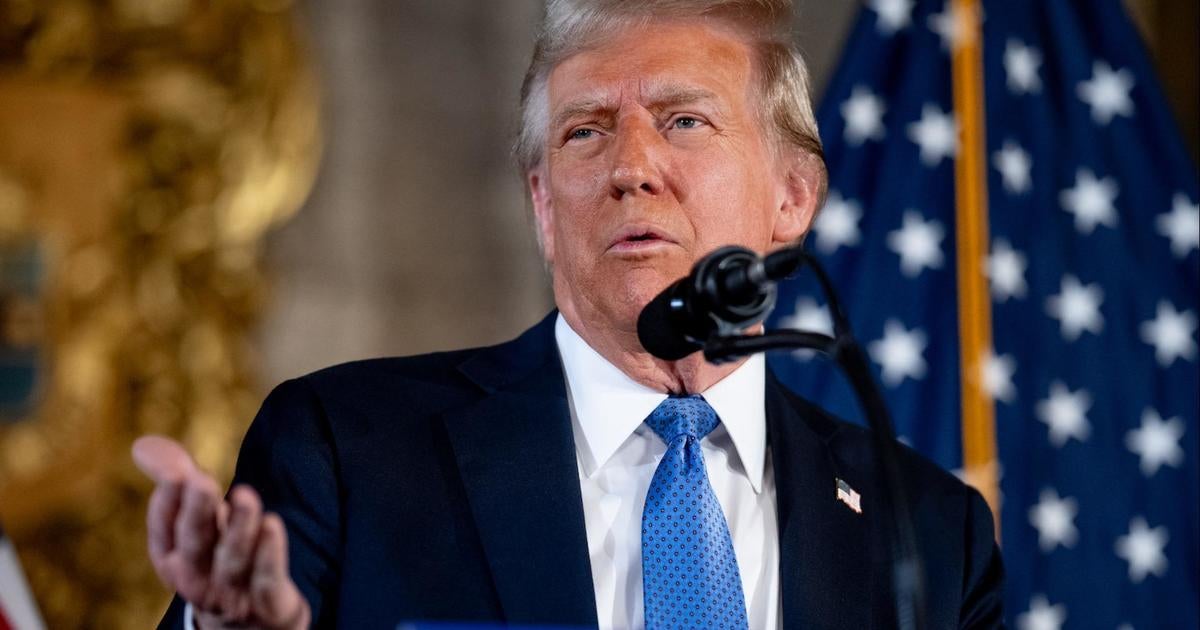President Trump’s threat of imposing steep new tariffs on key U.S. trading partners has caused widespread concern among economists and experts. The potential 25% tariffs against Canada, Mexico, and China have raised fears of increased inflation and slowed economic growth. The looming threat of tariffs has put the global trade landscape in a state of uncertainty.
The rationale behind Trump’s tariff threats varies, with targets ranging from immigration control to trade negotiations. The use of tariffs as a bargaining tool is a strategy employed by the Trump administration to compel other nations to comply with U.S. demands. The threat of tariffs on countries like Colombia, unless they agreed to certain conditions, demonstrates the administration’s willingness to use trade measures as leverage.
The uncertainty surrounding the specifics of Trump’s tariff plans has led to speculations about the potential impact on various countries. The blanket imposition of tariffs on multiple nations could lead to retaliatory measures, further escalating trade tensions. Economists predict that retaliatory tariffs from countries like Canada and Mexico could have a significant impact on U.S. consumers, leading to higher prices and inflation.
The risk of a trade war resulting from Trump’s tariff threats is a cause for concern, as it could damage critical relationships with key trading partners. The potential consequences of tariffs on American consumers are a major point of contention, as increased costs are likely to be passed on to consumers by affected companies. The impact of tariffs on the economy and inflation remains a topic of debate among experts.
Overall, the uncertainty surrounding Trump’s tariff threats and the potential consequences for the global economy have raised alarm bells among economists and policymakers. The use of tariffs as a negotiating tool in international trade has ushered in a period of volatility and unpredictability, with the potential for far-reaching implications on various sectors and economies. The future of global trade relations hangs in the balance as the world awaits the outcome of Trump’s tariff plans.









